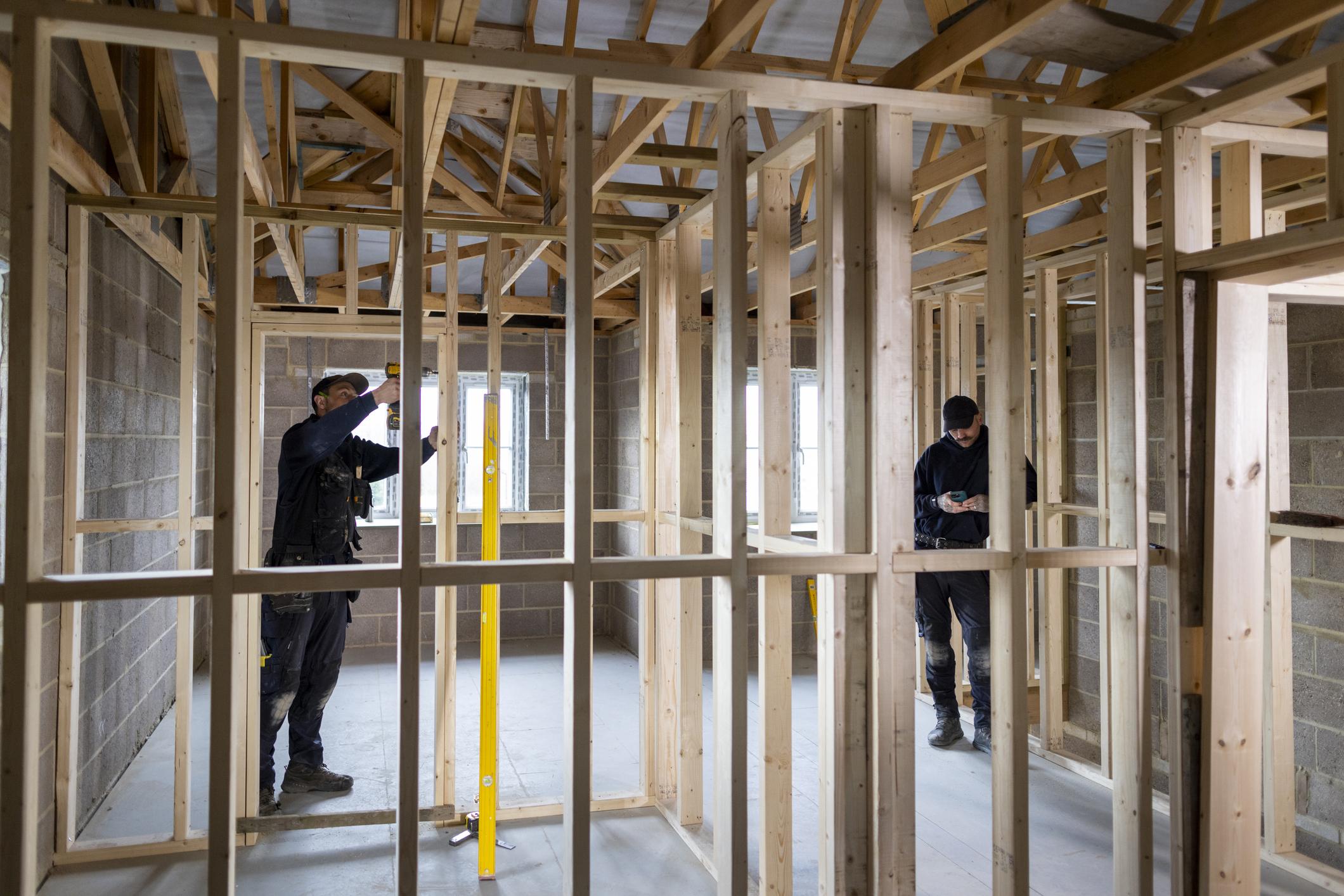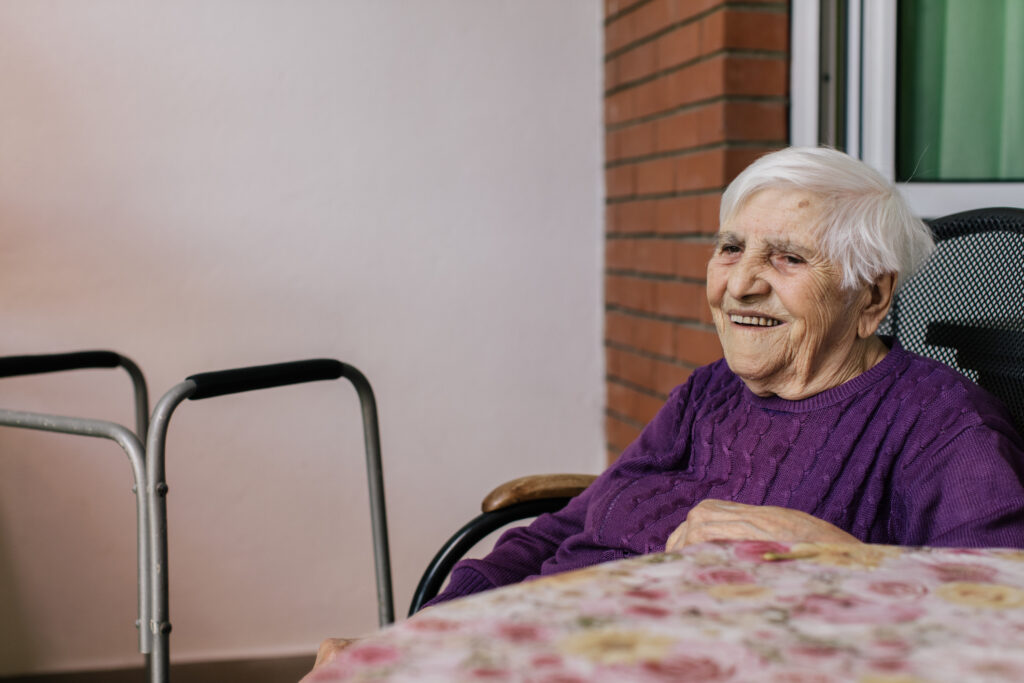
Building homes for the future with Charity Bank
Hudswell Community Charity has had two loans from Charity Bank. The latest has helped the charity to build three new affordable homes, complete with solar panels and infrared heating. We spoke to the charity’s Secretary, Martin Booth, to find out more.
Why did you decide to build three more affordable homes?
From managing the six homes we already had, we knew the demand was there. The charity has owned a piece of land behind our original three homes for hundreds of years. Through working with the district council and Teeside University, we came up with the idea of building three partly kit-built, highly insulated homes. These would be very cheap to run and also highly adaptable, so suitable for people with disabilities or who may develop disabilities over time.
Could you have built the homes without a loan?
No. We did have some reserves, but not enough. Building houses has become much more expensive over the last few years, because the price of materials has rocketed. Thankfully, we secured a £350,000 grant from Richmondshire District Council (which has now been replaced by North Yorkshire Council). Together with a similar size loan from Charity Bank, that gave us enough to build these houses.
Why did you decide to return to Charity Bank for your second loan?
A lot of it comes down to relationships. We originally talked to Jeremy Ince at Charity Bank back in 2010, because we were trying to raise the funds to save the local pub. They were keen to help, but in the end we raised the money through a share issue so didn’t need a loan. But that relationship was there, we stayed in contact, and when we needed a loan in 2017, Charity Bank was one of our first ports of call.
That loan worked very well. Charity Bank helped us, were very understanding and there were no difficulties. So, when we wanted to borrow more money, we went back to Charity Bank.
I don’t think we even looked anywhere else.
How did you find the process of applying for the second loan?
Pretty straightforward. It was probably slightly easier than the first time around, because they were familiar with us and what we do. We went through all the financial implications and showed that we’d stress tested the plan to make sure the rental income was more than sufficient to make the loan repayments.
Along with your £300,000 standard loan from Charity Bank, you had a £58,000 Green Loan. Can you tell us about that?
Yes, Charity Bank pointed us towards the Green Loan offer, which also came with a green grant of almost £40,000. Together, the Green Loan and grant covered all the ‘eco’ elements of the project. We’ve put some solar panels in the field and batteries in the homes to store unused electricity. The heating is infrared and located in the homes’ ceilings behind the plasterboard. It’s controlled by sensors and is a cheaper, more energy-efficient way to heat a home than gas or oil fired central heating.
The homes will obviously benefit the people who live in them, but are there other benefits for the charity?
We’re very confident that the rental income will more than meet the loan repayments, so we should soon be able to build up our reserves. Our three oldest houses are well over 100 years old, so some of that money will be put towards renovating them.
What would you say to other charities that are thinking about applying for a loan?
I hope our story can encourage other charities. I think a lot of smaller charities are wary of taking out a loan, but as long as they’ve thought through all the financial implications, then they shouldn’t be scared. Even if you’re run entirely by volunteers, as long as you have some business acumen and enough common sense to understand what you’re taking on, it is possible to do it.
If you need a loan for your community housing project, please contact Charity Bank at [email protected].
About Charity Bank
Charity Bank is the loans and savings bank owned by and committed to supporting the social sector. Since 2002, we have used our savers’ money to make more than 1400 loans totalling over £605m to housing, education, social care, community and other social purpose organisations.
Nothing in this article constitutes an invitation to engage in investment activity nor is it advice or a recommendation and professional advice should be taken before any course of action is pursued.


